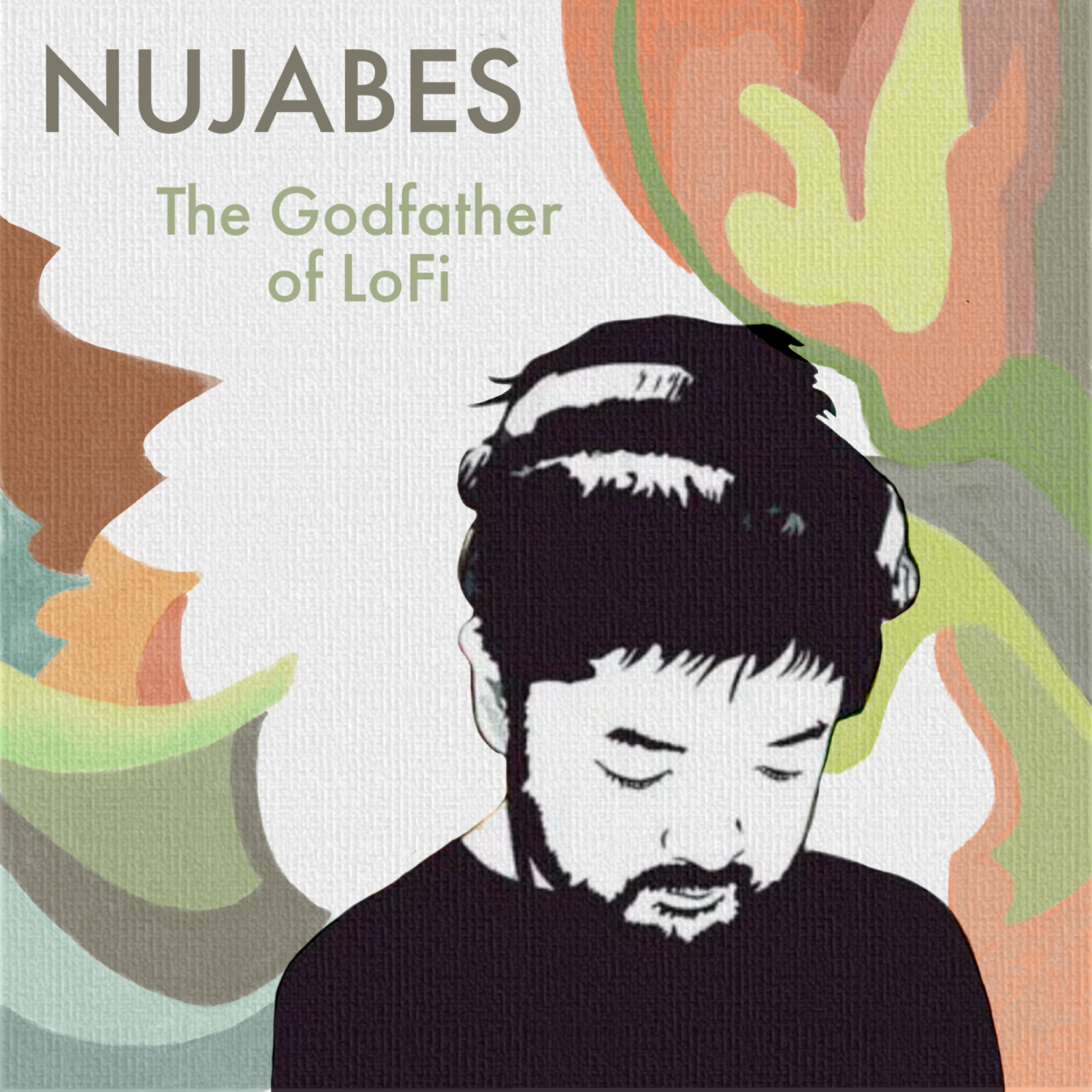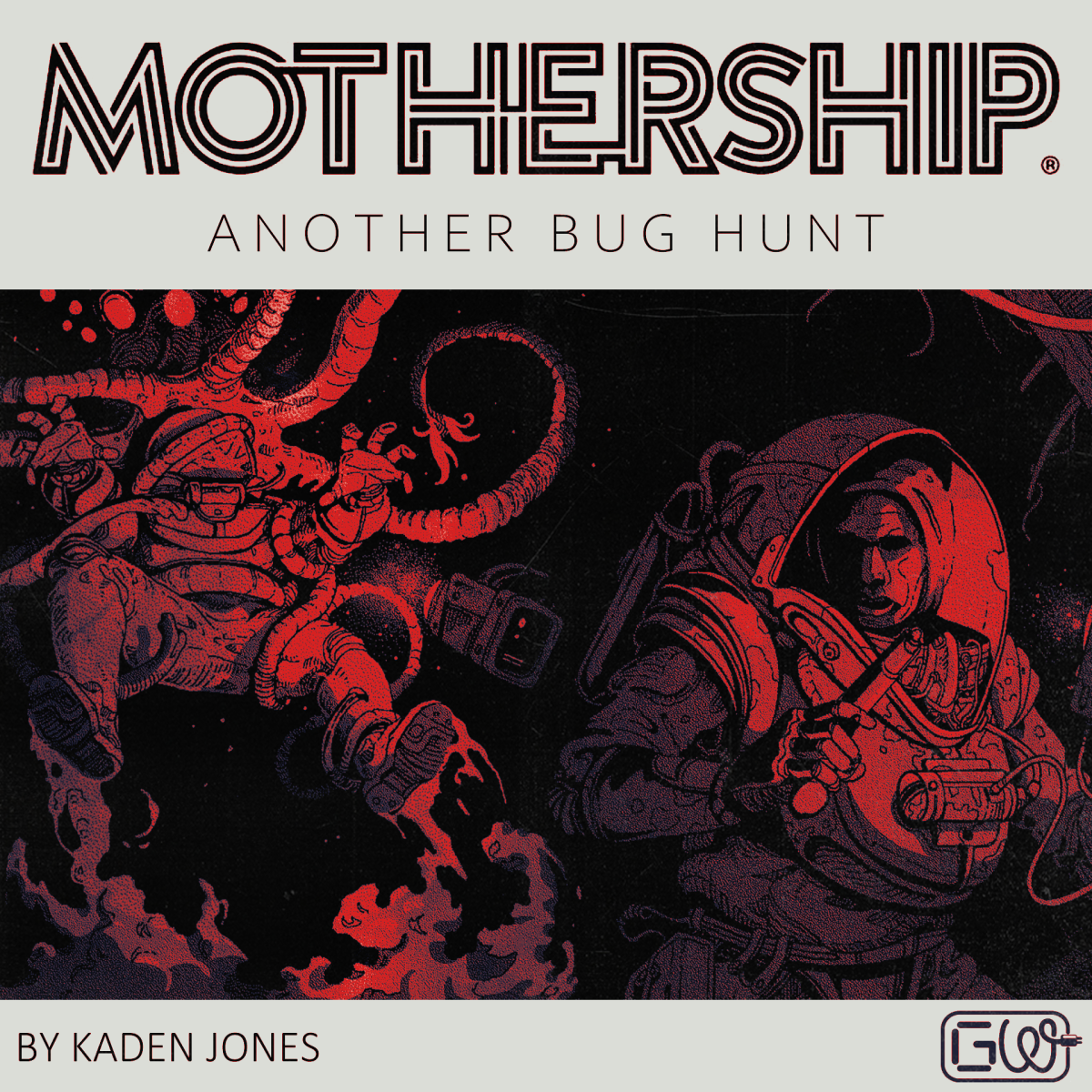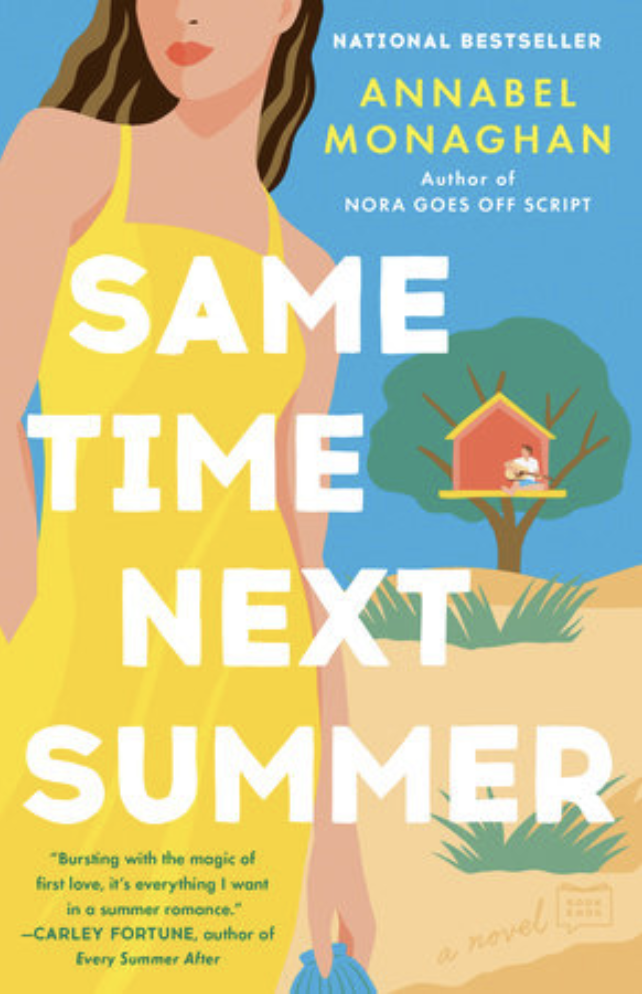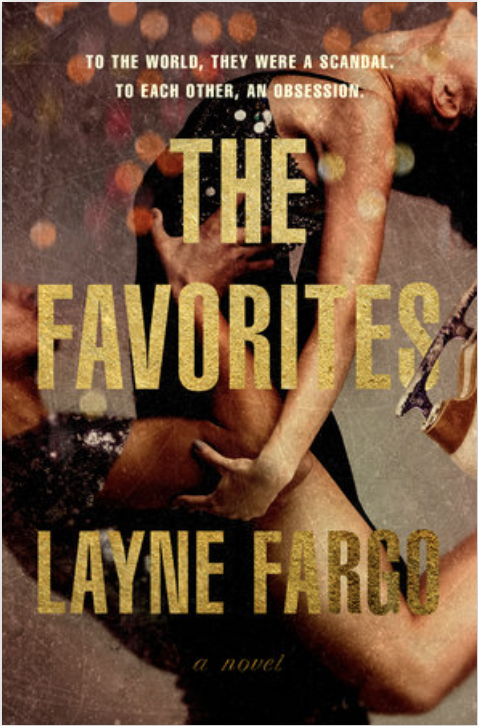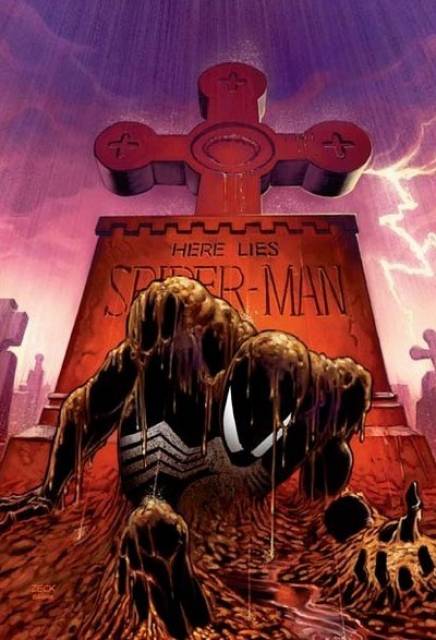If you’ve ever taken a late-night stroll with your headphones on or found yourself lost in thought while trying to focus on a project, there’s a good chance you’ve heard Nujabes’ influence. Even if you didn’t know his name, you’ve felt his presence. Nujabes, born Jun Seba, is a name that many associate with a specific feeling—the warmth of nostalgia mixed with the peace of solitude. For so many, his music has become the soundtrack to life’s quietest moments.
To say that Nujabes is the godfather of lo-fi isn’t just to honor his pioneering role in the genre; it’s to acknowledge the emotional depth he brought to it. Before Spotify playlists and YouTube channels like Lofi Girl became our go-to for “chill beats to relax or study to,” Nujabes was crafting soundscapes that were both relaxing and soul-stirring. His music felt like a personal conversation—intimate, reflective, and full of heart.
Discovering Nujabes: A Gateway to Lo-fi
For me, and many others, discovering Nujabes was like stumbling upon a secret world. His music didn’t demand attention, but it stayed with you once you let it in. Tracks like “Feather” or “Aruarian Dance” seem simple at first, built on soft, looping instrumentals, but beneath that simplicity lies a richness that pulls you in. His sound blends the melancholic tones of jazz with the rhythmic pulse of hip-hop, resulting in a vibe that’s both laid-back and deeply emotional.
Nujabes had this magic ability to make you feel something without saying a word—whether you were vibing to his beats on a rainy afternoon or using them as the backdrop to a long, introspective drive. His music has a way of connecting with you on an emotional level, often without you realizing it. You don’t listen to Nujabes’ music to escape reality; you listen to it to sink deeper into your thoughts and embrace whatever emotions come to the surface.
Samurai Champloo: Where It All Came Together
If you’ve ever seen Samurai Champloo, you know how perfectly the music and visuals intertwine. Nujabes worked on the soundtrack, and it’s one of the main reasons the show has become such a cultural icon. I’ll never forget watching the first episode and being hit with that opening theme, “Battlecry.” It was like nothing I’d ever heard before in anime, a fusion of lo-fi beats and traditional Japanese influences, seamlessly blending two worlds that don’t normally go together.
The music was more than just background sound; it was the soul of the show. Samurai Champloo is set in Edo-period Japan but is infused with modern hip-hop culture. That blend of old and new mirrored Nujabes’ sound perfectly. His tracks didn’t just complement the action they enhanced the storytelling, making moments feel richer, deeper, and more memorable an example being the fight scenes where the lofi mixes of nujabes play and they bring the fights a more cinematic and more intense feel to them. For the fans of the show, it was a revelation. You didn’t just watch the show; you felt it. And part of that feeling was thanks to Nujabes. A feeling that translates and brings home the artistic styles of his overall work and carries the genre as a gold standard making the music from the show just as influential as the other work he has maybe even more so.
The Lo-fi Movement: From Nujabes to Lofi Girl
Sadly, Nujabes passed away in 2010, and the world lost one of its most unique musical voices. Yet, even in his absence, his music continues to touch people across the globe. Every time I listen to one of his tracks, I’m reminded of how timeless his sound is. There’s a reason why, years after his passing, so many people still refer to him as the godfather of lo-fi.
It’s funny to think that Nujabes likely never imagined the lo-fi movement would turn into what it is today. In his day, his music was a blend of jazz, hip-hop, and something unnameable something that felt deeply personal hus use of old japanese and american jazz samples mixing them often on the spot in his live shows and creating such emotion with his work. Now, we have entire YouTube channels, like Lofi Girl, dedicated to streaming these chilled-out beats 24/7. It’s like the modern equivalent of a friend making you a mix tape for a rainy day.
These lo-fi channels—many inspired by Nujabes’ work– offer the kind of music that doesn’t distract you but enhances your mood. Whether you’re studying, working, or just chilling out, the soft, looping beats help you focus without overwhelming your senses. Yet, as much as I love the endless stream of lo-fi beats today, there’s something about Nujabes’ music that still stands apart.
The difference? I think it’s in the details. Nujabes’ tracks were more than just a vibe they were intricately layered compositions, full of emotion and nuance. An example of this can be seen in his song feather, it shows a way of layering for music mixing the jazz and hip-hop influences and adding a rap verse along with a melodic tone. His music was never meant to fade into the background. Instead, it invited you in, encouraging you to pause, reflect, and feel. As soothing as it is, modern lo-fi often lacks that same depth. It’s background music for studying or chilling, but it doesn’t always have the emotional complexity that Nujabes brought to the table.
That said, it’s incredible to see how far the genre has come, and it’s clear that Nujabes laid the foundation for the lo-fi wave that has swept the world. Platforms like Lofi Girl may not capture the full depth of his sound, but they’ve made this genre accessible to millions. You can feel Nujabes’ fingerprints all over the lo-fi movement, even if many listeners today aren’t aware of his influence.
The Legacy Lives On
What made Nujabes so special was his ability to blend different genres, cultures, and emotions into a single, cohesive sound. His music wasn’t about flashy production or catchy hooks. It was about feeling. Whether he was sampling a rare jazz record or layering subtle beats under a simple piano riff, his music always felt human—raw, honest, and emotional. It’s the kind of music that stays with you long after the track ends.
In many ways, Nujabes didn’t just create a genre, he created a feeling. And while the lo-fi movement has evolved and changed over the years, that feeling remains at its core. Whenever you put on a lo-fi track to relax or focus, you’re tapping into that same energy that Nujabes captured in his music all those years ago.
So, whether you’re a longtime fan or just discovering his work, Nujabes’ legacy is worth celebrating. His music is a reminder that even in a fast-paced world, there’s power in slowing down, reflecting, and embracing the beauty of simplicity. For that, we’ll always owe him a debt of gratitude.
Nujabes, the godfather of lo-fi.
Check Nujabes out on Spotify or any major listening platform. While you’re here also check out our latest article by Jason Sahayaraj, The Batman – Review.

